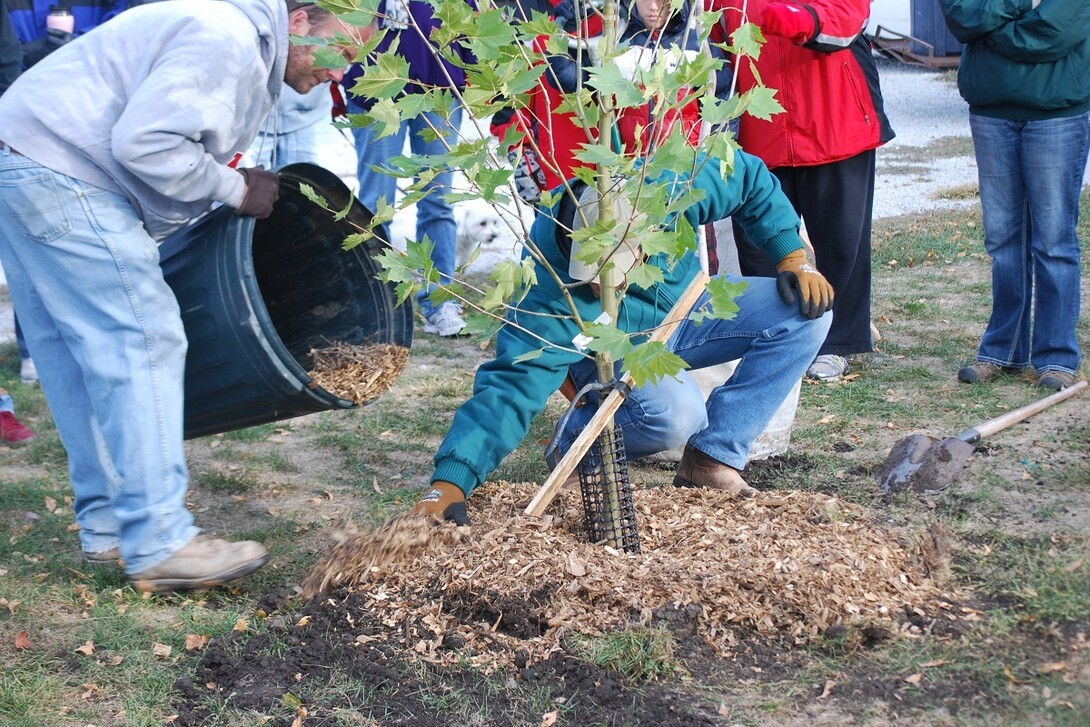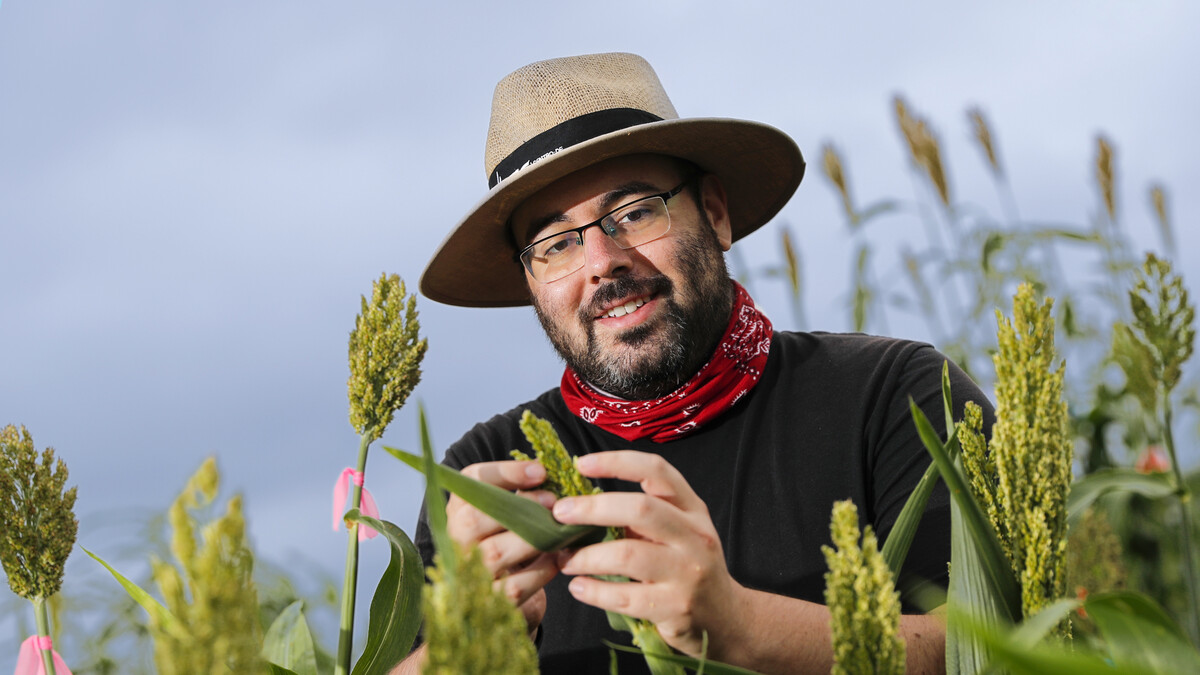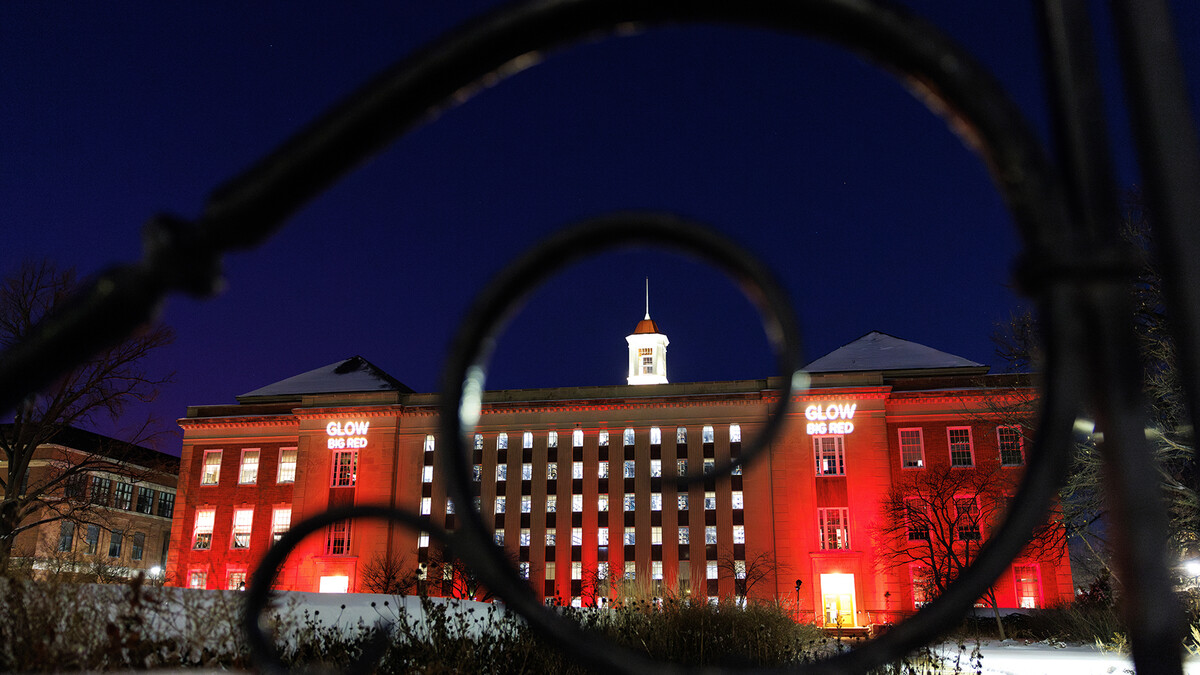
On April 24, thousands of Nebraskans will celebrate Arbor Day by doing what early settlers did to protect the beauty of their state: They will plant a tree.
Whether Nebraskans plant trees in their yards, in a local park or school campus; or plant a memorial tree; or simply take time to notice the difference trees make in private and public landscapes, the Nebraska Forest Service is encouraging citizens to continue the legacy of tree-planting in the state.
“Planting trees remains an act of permanence and hope,” said Lyle Minshull, Nebraska Community Forestry Council chair. “It was one of the first activities new communities undertook and remains one of the most visible signs of vitality and optimism in both public and private properties.”
After planting, Nebraskans can go to http://retreenebraska.unl.edu and register their tree. It will go toward the goal of planting a million trees by 2017 by ReTree Nebraska, a cooperative initiative to raise public awareness of the value of trees and reverse the decline and improve the sustainability of community trees and forests.
Trees benefit the environment and save tax dollars through storm water capture, energy savings from shade and from providing desirable public spaces, Minshull said. For information on how to properly plant a tree, go to http://retreenebraska.unl.edu/planting-establishment.
Over the last decade, Nebraska trees have faced challenges from emerging pests and diseases and extremes. Drought, flooding, tornadoes, winds and hailstorms have applied more pressure.
This Arbor Day, planting is especially important in towns and cities that lost many of their trees in the last year following severe storms. According to the Nebraska Forest Service, in the past 16 months about 14,100 trees were lost in several cities at a replacement cost of about $4.2 million. Cities that were hard hit included Beaver Crossing, Burwell, Chadron, Dakota City, Laurel, Omaha, Pilger, Stuart, Sutton and Wakefield.
ReTree Nebraska is a collaboration of the Nebraska Forest Service, Nebraska Statewide Arboretum, Nebraska Community Forestry Council, UNL’s Department of Agronomy and Horticulture and the Institute of Agriculture and Natural Resources, and the Nebraska Environmental Trust.







